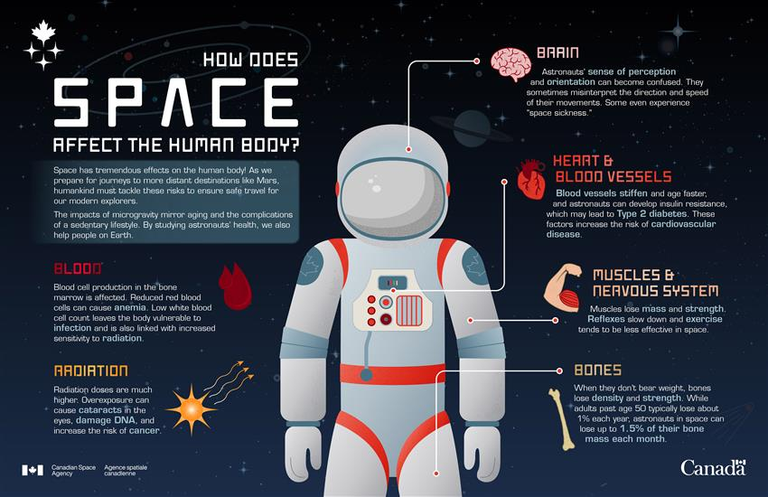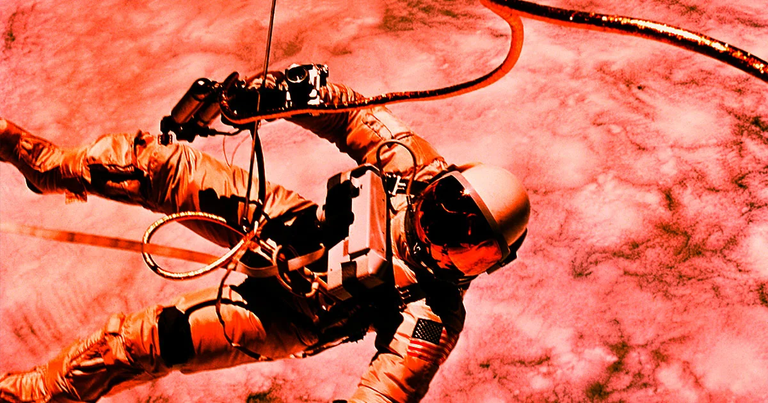
Space travel presents a unique set of challenges to the human body, primarily due to the microgravity environment and increased exposure to space radiation. Understanding these effects is crucial for the safety and well-being of astronauts on both short-term missions and future long-duration voyages, such as trips to Mars.
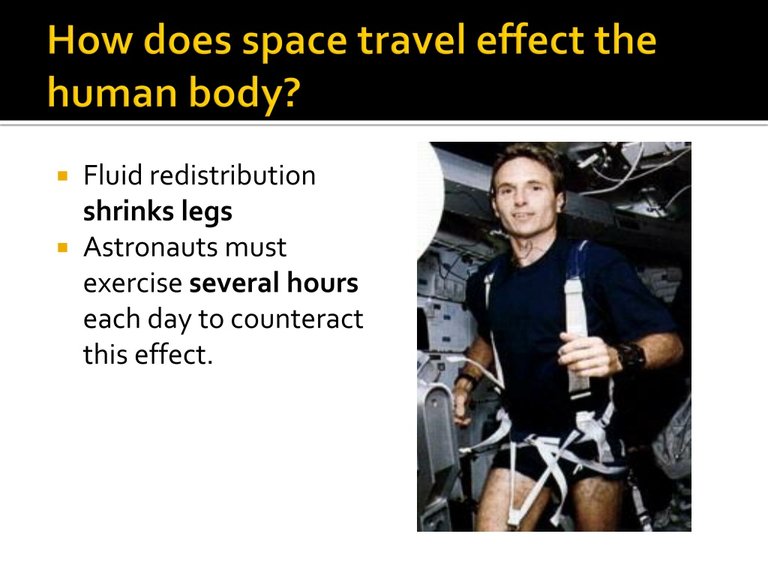
Muscular and Skeletal Changes
In microgravity, the body's muscles and bones no longer bear the weight they do on Earth, leading to decreased muscle mass, strength, and endurance. Astronauts experience muscle atrophy because moving in space requires less effort from the legs and back. Similarly, bones lose density, increasing the risk of fractures upon returning to Earth's gravity. To combat these effects, astronauts adhere to strict exercise regimens while in space.
Fluid Redistribution
The absence of gravity causes bodily fluids to shift toward the upper body, leading to facial puffiness and nasal congestion. This fluid shift can also increase pressure inside the skull, potentially affecting vision—a condition known as spaceflight-associated neuro-ocular syndrome (SANS).
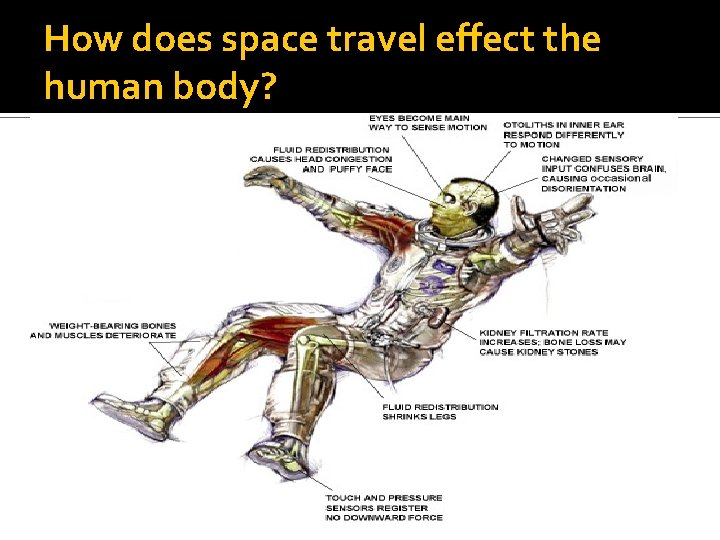
Cardiovascular System
Microgravity induces changes in blood volume and distribution, which can lead to orthostatic intolerance—difficulty standing upright without dizziness—upon return to Earth. The heart may also undergo structural changes, such as a decrease in size, due to reduced workload in space.
Sensory and Neurological Effects
Transitioning between gravity fields affects spatial orientation, balance, and coordination. Many astronauts experience space motion sickness during the initial days of a mission. Additionally, the vestibular system, which helps maintain balance, adapts to the microgravity environment, leading to potential disorientation upon return to Earth.
Radiation Exposure
Beyond Earth's protective atmosphere, astronauts are exposed to higher levels of cosmic radiation, which can increase the risk of cancer and other degenerative diseases. This exposure poses significant challenges for long-duration missions, where cumulative radiation doses become a critical concern.
Psychological Challenges
The isolation and confinement inherent in space missions can lead to psychological stress, including anxiety and depression. Maintaining mental health is essential, and space agencies implement support systems and recreational activities to help astronauts cope with these challenges.
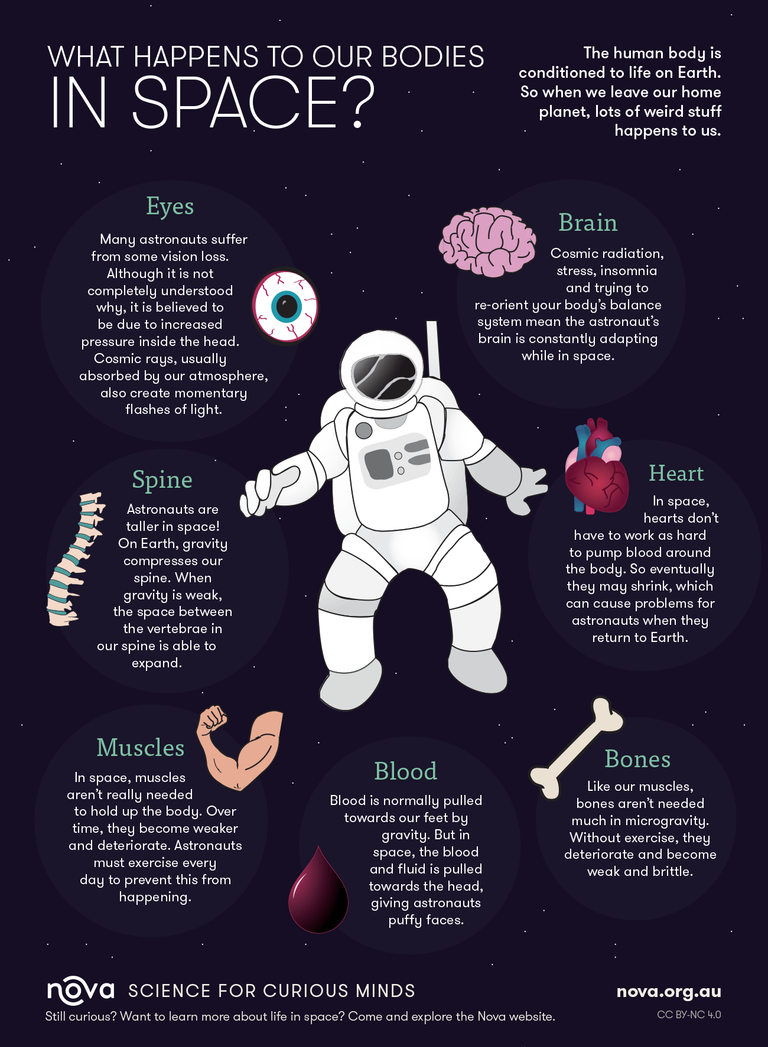
Recent Research and Developments
A notable study involving astronaut Scott Kelly, who spent nearly a year aboard the International Space Station, provided insights into the physiological impacts of prolonged spaceflight. Findings revealed muscle and bone loss, vision problems, and genetic changes, underscoring the need for comprehensive countermeasures in future missions.
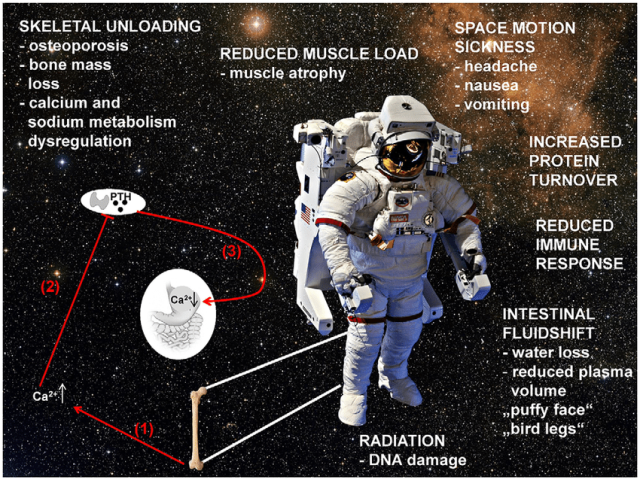
In summary, space travel profoundly affects multiple bodily systems. Ongoing research aims to develop effective strategies to mitigate these effects, ensuring the health and performance of astronauts on future exploratory missions.
